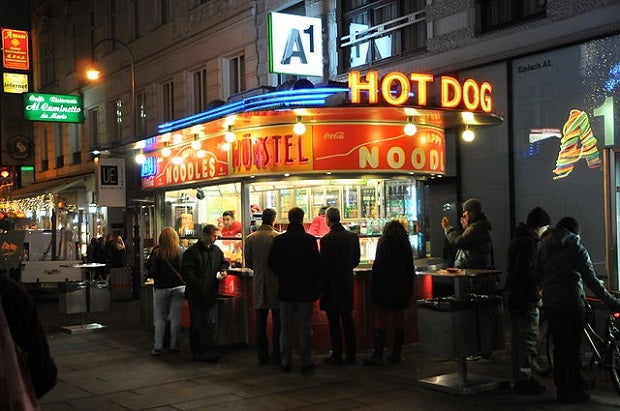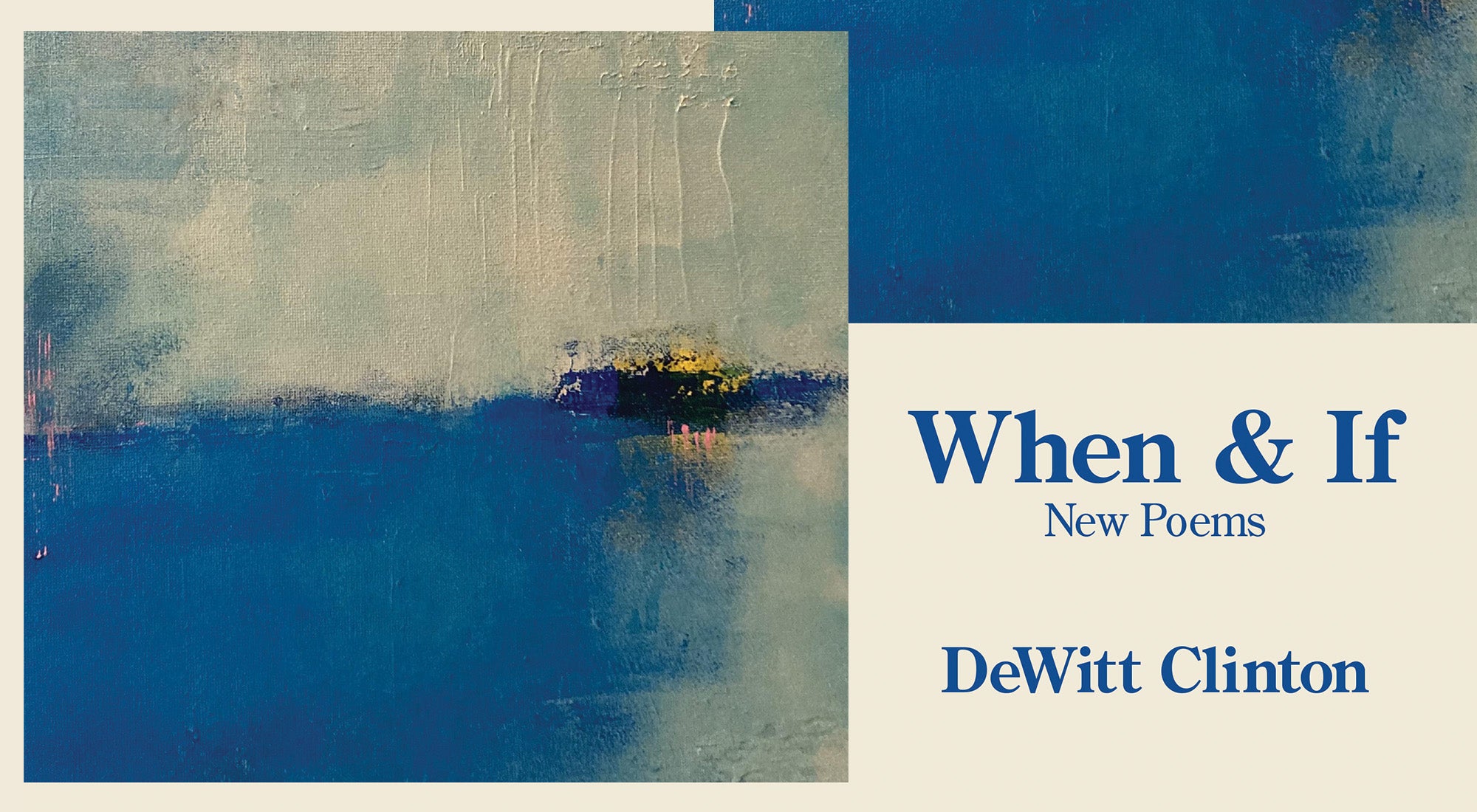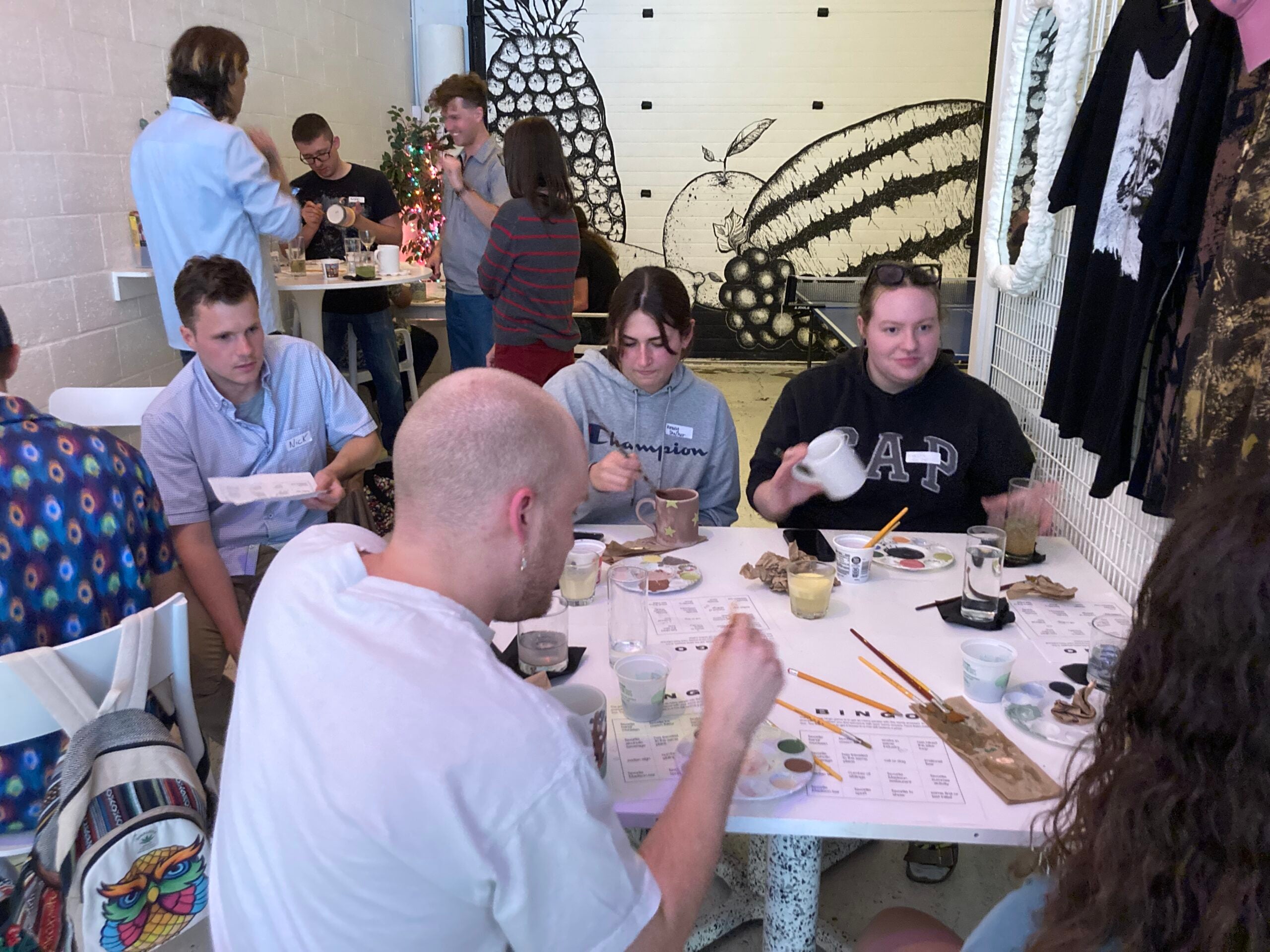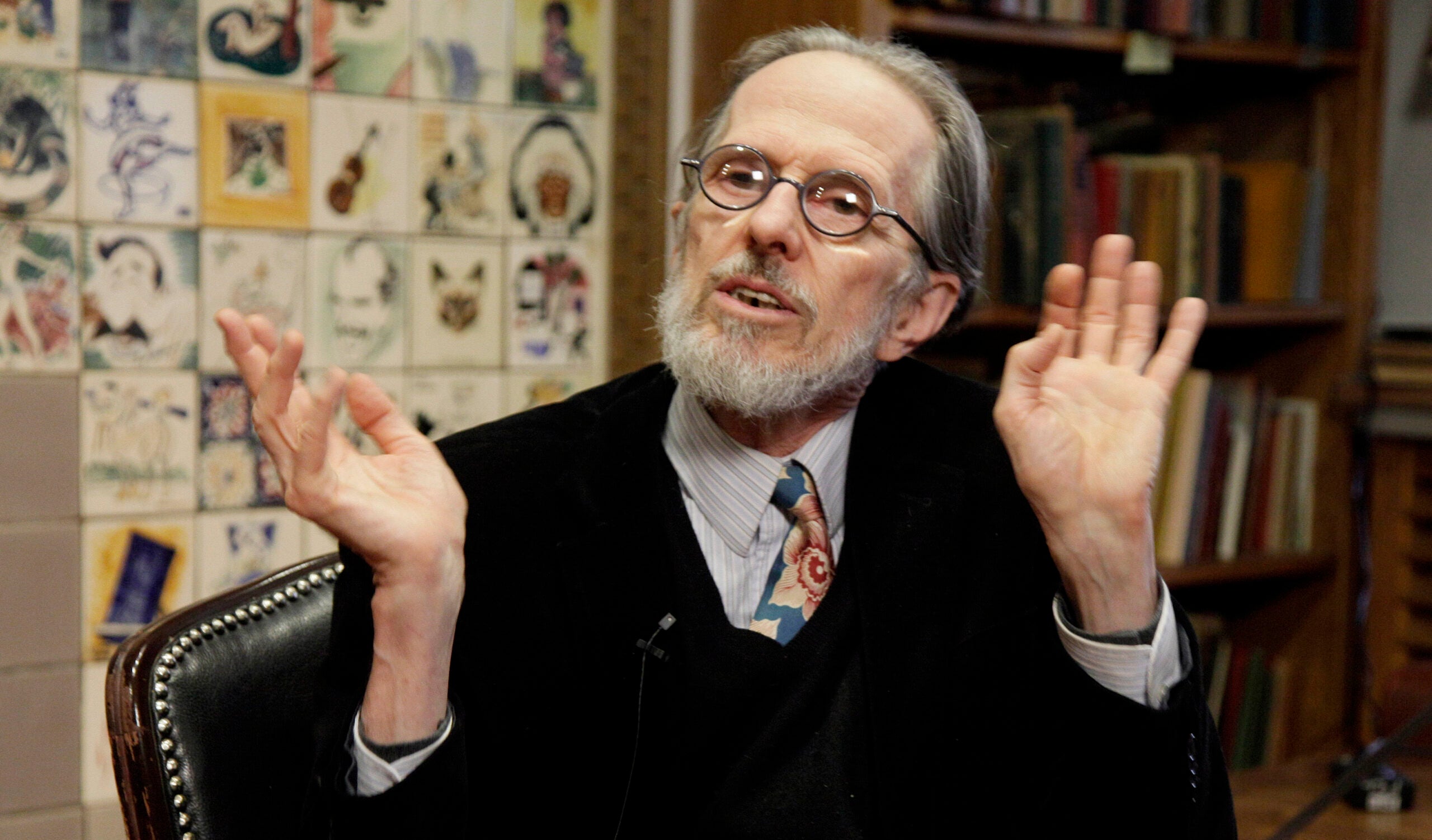Humorist Dana Schwartz talks about her memoir, “Choose Your Own Disaster.” Also, Nafissa Thompson-Spires on her short-story collection, “Heads of the Colored People.” And writer Danny Wallace politely digs into the culture of rudeness.
Featured in this Show
-
Humorist Dana Schwartz Chooses Her Own Interview
If you are unfamiliar with Dana Schwartz, there is a good chance you have probably come across and laughed at one of her tweets. The humorist, author and culture writer is also the woman behind the successful @GuyinyourMFA and @DystopianYA parody Twitter accounts.
Boasting a combined following of over 175,000, Schwartz confesses that even with that social media reach she considers those projects wrapped.
“I sort of now view (them) almost as a completed work. I don’t really go back and tweet from those accounts any more really because I am busy and I think I’ve drained those wells sufficiently,” she said.
Coffee. Black like fresh tar on a city street, done hasty and rough by men with nothing to live for and everything to lose. pic.twitter.com/QW32nFby9v
— Guy In Your MFA (@GuyInYourMFA) January 5, 2018You can still get a peek inside the head of one of the biggest millennial voices at her personal account even if Schwartz admits that Twitter is not her preferred platform.
“I also don’t view Twitter as my primary art form in the sense that I just like tweet whatever dumb idea pops into my head with no thoughts or editing,” Schwartz told WPR’s BETA. “I almost get sad when people correct my tweets or want to read into them anything other than I was sad at 11:30 at night while I was in bed and eating dry cereal.”
Pangolins are cute because they always look like they’re about to hesitantly present some bad news to their sovereign lord. “Pardon me sire… my liege if I may…. the prisoners…. they’ve….. well, they’ve escaped.” pic.twitter.com/gsUqLcACzr
— Dana Schwartz (@DanaSchwartzzz) May 22, 2018Cavalier or not, her feed serves as a showcase for the 25-year-old “Entertainment Weekly” columnist. Schwartz’s content sits at the intersection of comedians, entertainers and cross-generational fans of her pop culture criticism.
Now, she has packaged that humor and wisdom (and even the origin stories of the aforementioned parody efforts) into a new memoir, “Choose Your Own Disaster.” If you think mid-twenties is too young for a memoir, Schwartz would likely agree with you.
“It’s less like I wrote my memoirs at 25 — which makes me want to stab myself — and more like, these are just some essays of things that happened in my life from 21 to 23.”
The book — described as “part-memoir, part-VERY long personality test” and structured playfully like those “Choose Your Own Adventure” novels — offers a refreshingly honest take on millennial life and addresses common anxieties that society often leaves in the dark.
“I don’t really think of it as I wrote my memoirs, plural. More just, I had stories from life that were funny and embarrassing and sometimes hard to write and talk about and I figure that if I could maybe share them, they would be relatable and help some people.”
Schwartz also uses the book as a journey of self-discovery reflecting on her own choices as she unravels her true self from her idealized self, an all too common phenomenon among 20-somethings.
“Looking back at my early 20s, so much of the mistakes I made — the right and wrong decisions I made — was based less on the person I actually was and the person I wanted to be,” Schwartz said. “People are choosing the version of themselves that they’re sort of trying to become in their early 20s and that influences their behavior.”
In “Choose Your Own Disaster”, Schwartz opens up about past relationships, depression, struggling with modern feminism and living up to the hype of the “rom-com woman” reflected in pop culture and society.
“One thing that made me sadder than anything in my early 20s was trying to be this perfect feminist empowered woman,” she said. “It puts a lot of pressure on women to be super-human in a certain way: both vulnerable, but not pathetic and tough, but not off-putting. Trying to be that caricature of a woman made me really, really sad and exhausted.”
Billed as “mostly true”, Schwartz fills some of the conclusion options with apocryphal content, including her death. This also gives cover to her in case her parents stumble across a copy of her book.
“If my parents read this book, none of its true,” Schwartz said. “I have plausible deniability.“
Schwartz says that although her parents are incredibly supportive and have read everything she has written, she would forgive them for skipping over some passages in the book.
“If they want to take a pass on a few sex scenes or know my fetish proclivities, I think that’s probably healthy,” she said. “Also, for people who love me and care about me, I think this book might make them a little sad and I don’t want my parents to be sad.”
Even with all of the self-evaluation and discovery process of laying everything bare for her memoir, Schwartz knows she still has some life lessons ahead. She guesses that her “hopeless romantic” instinct will likely lead her into some bad choices.
“But, I’m young enough where I feel like I still have three or four years of bad decisions in me before I need to turn it around.”
-
Author Nafissa Thompson-Spires Rethinks What It Means To Be 'Authentically Black'
Although Nafissa Thompson-Spires’ short-story collection, “Heads of the Colored People,” is her debut short-story collection, she’s already receiving rave reviews for it.
Award-winning author George Saunders said Thompson-Spires’ book is “vivid, funny, way-smart, and verbally inventive.”

In the 12 stories that make up the collection, Thompson-Spires takes us deep into the minds of a variety of characters, including a woman who is trying to think of the best way to let her Facebook friends know she is going to commit suicide and a funeral singer who grieves for the young black boys who were victims of gun violence.
The stories range in tone from dark comedy to heartbreaking poignancy.
The title “Heads of the Colored People” comes from a series of literary sketches James McCune Smith wrote between 1852 and 1854.
“McCune Smith was an abolitionist and a doctor who was publishing these sketches individually in Frederick Douglass’ newspapers and trying to think through black citizenship at the time,” Thompson-Spires told WPR’s “BETA.” “So he’s representing a lot of working-class and middle-class black people, from sketches that range kind of from the macabre to really realistic. But he’s really thinking about overall what it would look like for black people to have the full rights of citizenship during that period.”
The more she worked on the short stories that make up the collection, the more Thompson-Spires learned things had not changed in the more than 160 years since McCune Smith wrote his sketches.
“Well, the time period is a significant difference, though it’s also in some ways not one. When I initially started writing, I thought I would sort of update each of McCune Smith’s sketches individually but that became really restrictive,” she said. “And what I found was that some things have changed. I mean, black people do have rights on paper. But a lot of the conversations that we’re having about voter suppression and whether black lives matter, state-sanctioned violence — all of those things are things that McCune Smith was very much concerned with in his day and that we’re still concerned with today.”
Thompson-Spires had definite ideas about the kinds of characters that she wanted to write about in this collection.
“I wanted to write about black characters that I felt I hadn’t seen as much,” she said. “That’s not to say no one’s ever written about black nerds. I wanted to see the kinds of black characters I felt like I was as a kid in particular. So black people who were one of the only black people in a particular space, like a private school; black kids who weren’t considered black enough; or black adults who are struggling through white academia. So those were the characters, people who are often read as exceptional in some way or another, whether they are or not.”
Thompson-Spires has said she hopes her stories will help readers “rethink what’s allowed as authentically black and what isn’t.”
“I think we’re getting better all the time in that way because there are so many smart, young people who refuse that kind of easy categorization. But I felt for a long time that there’s been a very limited sense of what counts as authentically black. People like to use the phrase ‘the black community’ or ‘the black experience’ as though there’s this monolithic, linear experience that everyone has. And it’s just not true.”
-
The Science of Rudeness
Writer Danny Wallace feels we may have reached peak rudeness as a society.
“To me it feels like the last few years, the world has just got ruder and ruder and ruder,” Wallace told WPR’s “BETA.” “The evidence just seems to be tumbling from our phones and coming out of our TVs and it’s on the streets and in the cars, and it really does feel like this is a very special time to be a rude person.”

Wallace explores the culture of rudeness in his book, “F You Very Much: Understanding the Culture of Rudeness – and What We Can Do About It.” He argues one of the key reasons for the surge in rudeness is that opinions mean more to us than fact — and now people have the ability to broadcast those opinions at their fingertips.
“It’s the rude opinions that really seem to cut through,” Wallace said.
Wallace points to social media as the likely culprit, but argues that being boldly rude is omnipresent in traditional media as well. He cites click bait articles from columnists and the success of reality TV stars willing to spout anything for attention.
“All of this establishes a kind of precedent … ‘This is how you get heard,’” Wallace said. “The more I looked into it and realized there was a bunch of science behind it as well, the more it seemed to explain how it spreads through our offices and our streets and our schools.”
After an incredibly frustrating argument with a diner clerk in Britain that he dubs “The Hot Dog Incident,” Wallace reflected on how the simple task of purchasing a hot dog for his son could devolve into two adults seeing red. So he began to investigate rudeness and its impact.
“Almost as an act of revenge, I decided to analyze that situation and many, many others by talking to as many experts in rudeness and out of rudeness that I could to establish who was right or wrong that day,” he said.
Wallace commissioned a report on rudeness jokingly dubbed “The Wallace Report,” to add gravitas. He put a questionnaire together and then called a polling company and surveyed about 2,000 adults to get a baseline on rudeness. He was surprised by the candidness of the respondents.
“A significant amount of people would actually describe themselves as rude and they were happy to do that,” Wallace said. “They’re happy to go around thinking ‘yes, I’m a rude person.’”
The report also showed that most people placed a chunk of the blame for rudeness on the young. However, when a follow up question asked a respondent to cite the last rude encounter they had, Wallace uncovered a contradiction: “It seems like the rudest people tend to be between 35 and 44, so it’s the early middle age.”
Wallace believes the current climate is ripe for division. He cites the 2016 United States presidential election, and Brexit — the United Kingdom’s vote in a referendum to leave the European Union — that same year, as two clear litmus tests for how quickly people are willing to dismiss someone they meet based on their stance on one issue.
“It’s got to the point where all you need to do is know how someone voted on one issue two years ago to know whether or not you’re going to get on and that has led to people being on almost a hair trigger,” Wallace said. “They assume they know everything about the other person.”
Wallace also investigated how rudeness can actually spread like an airborne toxin among our workplaces, social settings and schools.
“If you even just witness someone else being rude, you are then much more likely to find rudeness later on in the day and react to it badly,” he said.
Wallace found that that anger can follow you home and spread to others close to you like a contagious yawn.
“The frontal lobes is the area of the brain that is most affected by rudeness and that’s the part of the brain that deals with working memory,” he said. “You can’t switch off and you’re slightly grouchier. You won’t be able to relax and your sleep might be disturbed.”
He cites studies where folks were unable to perform simple tasks after experiencing a rude act earlier in the day.
“It doesn’t even have to be a huge moment of rudeness that you’ve witnessed,” Wallace said. “It can just be mildly rude words.”
He goes on to explain that these words can carry associations to negative memories or experiences for many people and can make them much more likely to be on edge.
“Which is fine if you’re a writer trying to buy a hot dog, but not great if you are a doctor who needs to concentrate and have full use of their frontal lobes,” said Wallace. “It’s been shown that if a doctor experiences rudeness at the start of their day, the next five patients will be affected because the doctor is unable to concentrate in the same way.”
Wallace argues that this can lead to doctors being less likely to consider new information, holding onto old diagnoses even with fresh evidence. He also cites a Tel Aviv, Israel study on teams of surgeons that were 50 percent less effective in simulated surgery after experiencing rudeness.
“They wouldn’t be able to communicate with each other. They would pick up the wrong instruments, administer the wrong drugs, they wouldn’t resuscitate properly,” he said. “In these simulations they would have lost the lives of the people that the simulations were supposed to represent.”
Wallace states that when people are rude, they are doing so because they believe they will get away with it. Adding that the most effective way to combat a rude person is to politely call them on their behavior.
“We can look out for each other. We can stand up for each other,” he said. “We can shine a spotlight on rudeness when it happens and we can defend strangers in the way that we would feel we would defend our friends.”
-
Rock 'N' Roll Thought Experiment
Devo co-founder Mark Mothersbaugh has often described his band, Devo, as the “thinking man’s Kiss.” That got WPR’s “BETA” team wondering if that is indeed the case — and all signs seem to indicate that it is — does that mean Kiss is “the stupid man’s Devo?”
We asked Chuck Klosterman, an American pop culture author and essayist, to don his “BETA” lab coat and join us in the “BETA” laboratory for a “rock ‘n’ roll thought experiment.”
“Well, you know, I worked in Akron, Ohio for four years at the Akron Beacon Journal so Devo is actually something that I spent a lot of time writing about and thinking about,” Klosterman said. “And, you know, the idea of the ‘thinking man’s Kiss,’ there’s things about Devo no one knows, or very few people know, — one, that that band was really spawned by the Kent State shootings. That really charged them politically and made them want to do this thing. And also, like the whole idea of what MTV became, that was their original inception of the band, that we were going to be visual.”
“I won’t say that I’ve thought of this a hundred times before but if somebody had asked me the question, ‘Who is the thinking man’s Kiss?,’ I guess I probably would have come up with Devo, maybe Kraftwerk.”
Expanding on the thought experiment, Klosterman said George Clinton’s funk music collective Parliament-Funkadelic could be the answer to the question, “Who is the black Kiss?”
“I think there was probably a period when Parliament was first touring with the Mothership (the iconic silver spaceship that appeared on stage during the band’s concerts), people would be like what? They’re trying to attract a white audience … they would say, ‘This is like the black Kiss,’” Klosterman said.
“Now in retrospect,” Klosterman said, “the music of Parliament and the music of Funkadelic is respected so much more and I think if you’re like being a rock critic and trying to be objective, it’s really easy to understand why that argument is made. But I think philosophically, there probably is a real similarity there.”
Klosterman said that bands like Devo and the Talking Heads are an interesting counterbalance to a band like Kiss because they put a lot of thought into making their music come across as primitive.
“Whereas Kiss had very primitive music simply because that was the limitations of their musicality. And this in some ways, is like the entire description of how rock criticism works. If your music is super simple on purpose, you’re a genius. If it’s super simple because you haven’t played that much, it’s terrible. It’s weird,” he continued.
Klosterman has a different take on the critical consensus that Kiss’ lyrics are some of the dumbest in the history of rock-and-roll.
“I would say that there’s a charm to that dumbness though that you don’t get from lyrics that might be a few levels higher. But Kiss’ lyrics are extremely straightforward,” he said. “I think one thing that is always funny about them is that songs written by Ace Frehley, he is one of the few songwriters that was never told that a song doesn’t have to rhyme. Like he’ll never use slant rhyme, he has to have everything rhyme perfectly. It is sort of like a fourth grader learning how to write a song.”
Although he has nothing against the intelligent wordplay of artists like Morrissey and The Magnetic Fields, there can be an advantage in keeping the lyrics simple.
“For the most part, I think straightforward, brutal, simplistic lyrics work best because people can inject their meaning into it,” Klosterman said. “I don’t know if Kiss would be at all improved if their lyric writing was 15 percent more intellectual … because they have tried that at times, people laugh at it because they can’t hear Kiss without seeing it. Paul Stanley (rhythm guitarist and singer for Kiss) has often said that people hear with their eyes and I think Kiss kind of proves that.”
Episode Credits
- Doug Gordon Host
- Adam Friedrich Producer
- Doug Gordon Producer
- Steve Gotcher Technical Director
- Dana Schwartz Guest
- Nafissa Thompson-Spires Guest
- Danny Wallace Guest
- Chuck Klosterman Guest
Wisconsin Public Radio, © Copyright 2026, Board of Regents of the University of Wisconsin System and Wisconsin Educational Communications Board.




